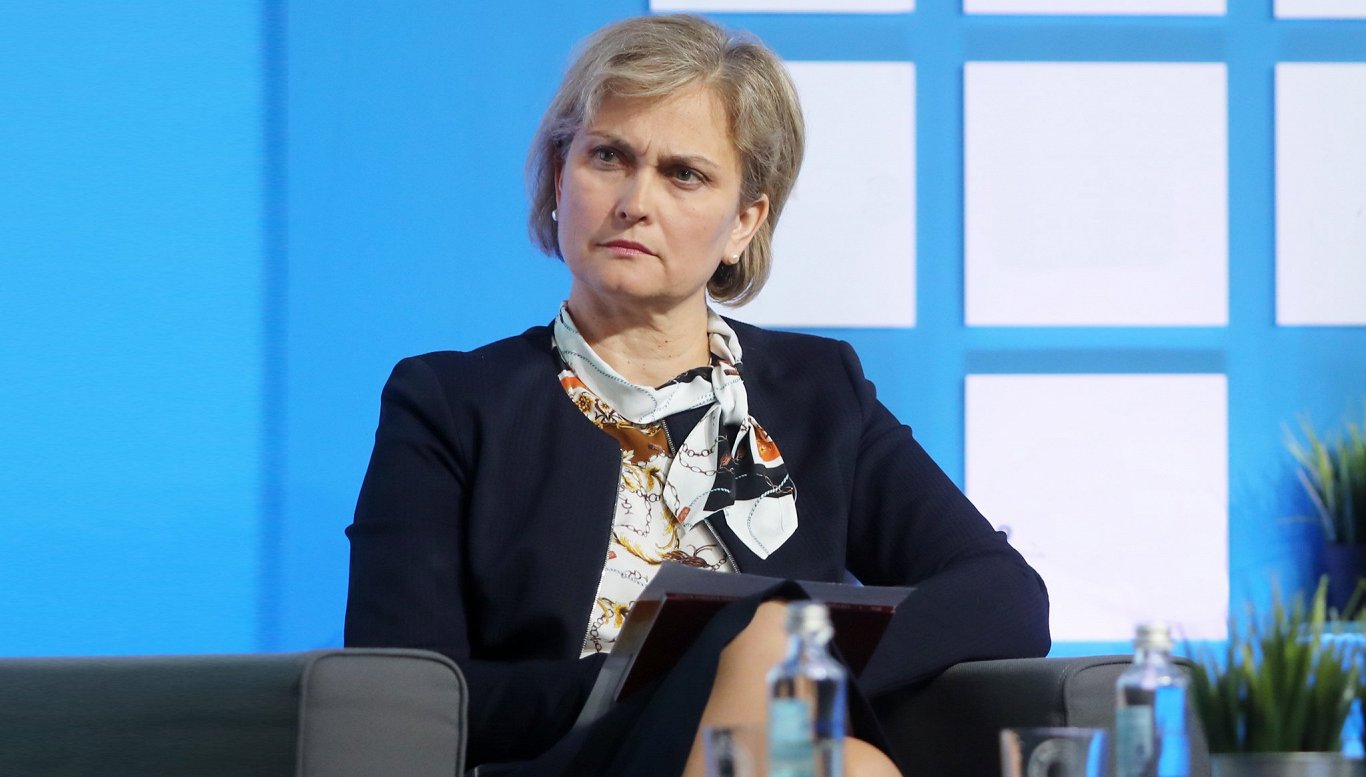According to Ineta Ziemele, President of the Constitutional Court, said that the competence of the Court corresponds to the time when it was founded - not today.
“We cannot begin to talk about a more modern competence and process of the Constitutional Court until the institution itself has been strengthened. (..) and it was done,” said Ziemele.
Changes to the law are to be viewed in three main blocks: first - independence of the budget of the Constitutional Court. Second - strengthening of governance, freeing the President of the Constitutional Court from the duties of the head of the administration. Third - strengthening of the selection of the judges. The Law provides for the possibility for Constitutional Court judges to remain in the public sector for ten years after their powers are over.
“The amendments here include the idea that a Constitutional Court judge will be able to continue, if there is a vacancy, at the Supreme Court, which is extremely relevant, precisely by strengthening the judiciary's power. Consequently, we are introducing for the first time, by the Law of the Constitutional Court, that this rotation is taking place,” said Ziemele.
She said that the amendments are significant, but this is a priority of yesterday. There are many issues related to the development of the Constitutional Court.
Currently, the Constitutional Court cases are not examined in an expedited process, but this is an issue to be discussed. The judges of the Constitutional Court have also understood that, in the context of disputes between constitutional institutions, it has not been entirely decided what the Constitutional Court should be. For example, if there is a dispute between the minority and the majority of the Saeima. These and other issues will be discussed with the Speaker of the Saeima, Ināra Mūrniece (National Alliance).
Former Constitutional Court President Aivars Endzins thinks there could be more judges in the Constitutional Court – nine in place of the current seven.
Meanwhile, the Latvian University Law Faculty's assistant professor Janis Pleps believes that seven judges have worked successfully so far, and a solution has been found successfully for the size of Latvia.
He also has ideas about what the Constitutional Court should change.
"We see that, at the moment, academics - people with experience in scientific work who were mostly scientific and academic performers - are strongly dominating the justice core of the Constitutional Court. If we look at the experience of other countries, it is essential that the composition of the Constitutional Court is balanced. There are both career judges, long-term civil servants, and lawyers with political experience, perhaps even with experience in the private sector. It is essential – to find balanced, informed decisions that are not unilateral," Pleps said.
"I am still personally convinced that the work of a Constitutional Court judge is a service for the legal system, Latvia and the Constitution. It's an appeal and service for the good of the country, not for profit," Pleps said.





























